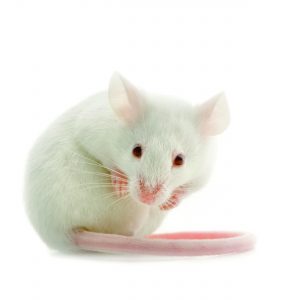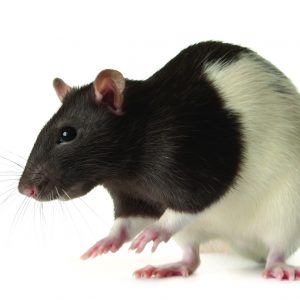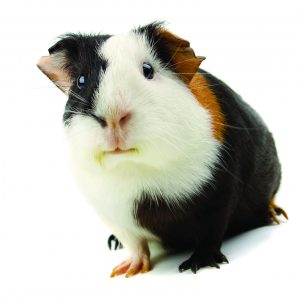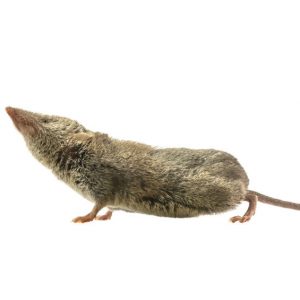Home / Animal Groups / Rodents
Animal Group: Rodents
Rodents, like mice and rats, are popular models for biomedical research due to their anatomical, physiological and genetic similarities to humans. Some advantages for using rodents include ease of maintenance, their small size, and short life cycles that enable researchers to study the full course of diseases and therapies.
Another plus is that mice and rats offer an abundance of genetic resources. Mice share almost 95% of their genes with humans. Their genome is well known and able to be manipulated so that models of specific human diseases may be studied.
Because of these characteristics, mice continue to play a vital part in the discovery and development of treatments and cures for cancer, Alzheimer’s, cardiovascular disease, diabetes, and many infectious diseases.
Other rodents needed for research include hamsters, gerbils, guinea pigs, and chinchillas.
Did you Know?

Explore Rodents by Species

Mouse
Mice are pivotal in medical progress, facilitating treatments for cancer, heart disease, neurodegenerative disorders like Parkinson's, and psychiatric conditions such as anxiety and schizophrenia. Read More →

Rat
Rats are essential models in research, aiding studies in physiology, immunology, pharmacology, nutrition, behavior, and learning, leading to medical advancements in obesity, diabetes, cancer, cardiovascular, neurological, and immune-related diseases. Read More →

Hamster
Hamsters play a crucial role in various research areas like cancer, reproduction, virology, diabetes, and cardiovascular diseases due to their physiological similarities to humans, particularly in lipid metabolism and atherogenesis. Read More →

Guinea Pig
Guinea pigs, resembling humans in bacterial infection symptoms and immune response, have aided research for over 200 years, advancing treatments for lung, ear, eye, artery, stomach, intestine diseases, including tuberculosis. Read More →

Chinchilla
Chinchillas serve as vital models for auditory system research due to their physiological similarities to humans, aiding advancements in acoustic studies and offering insights into middle ear infections and other areas like respiratory infections and ototoxicity. Read More →

Japanese shrew
The Japanese Shrew serves as a crucial model for Congenital Sucrase-Isomaltase Deficiency (CSID), mirroring symptoms seen in humans, aiding research into digestion disorders affecting both infants and adults. Read More →





